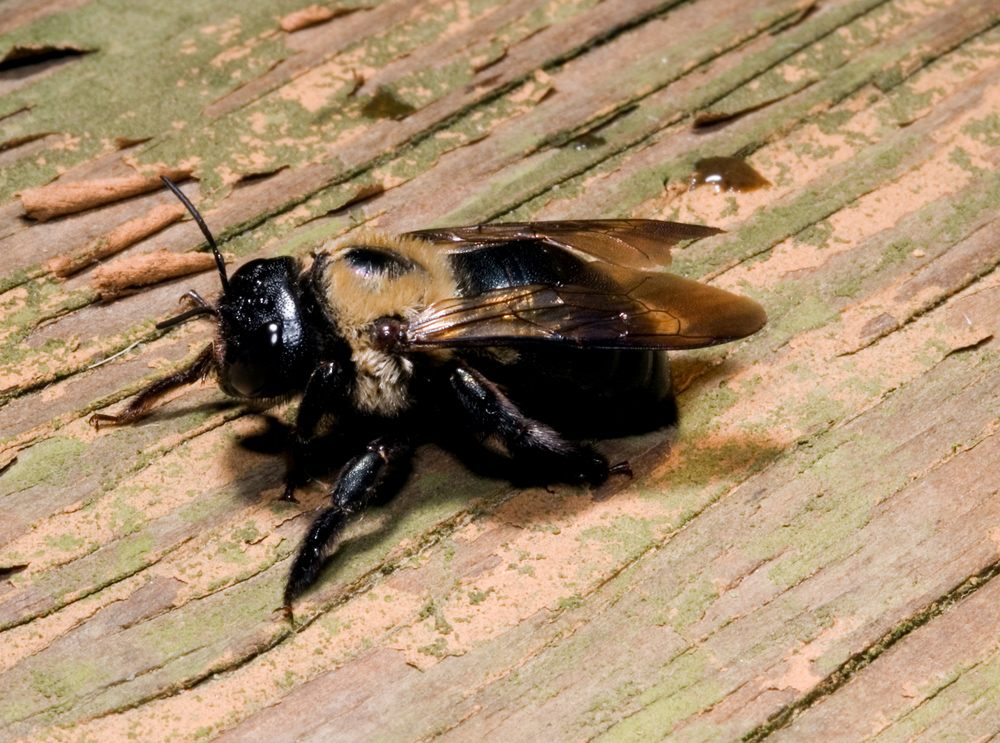Many insects, like wasps, start to leave our gardens and other outdoor areas as winter comes. Homeowners need to know how wasps act during different times of the year. Today, we’re going to learn more about wasps and what happens to them in the winter.
-
How wasps live their lives:
Before we can understand how wasps act in the winter, we need to know how they become adults. As with many other insects, wasps have different stages: egg, caterpillar, pupa, and adult. A very important part of this cycle is the queen wasp.
The queen wakes up from her winter sleep in the spring and early summer. She usually does this in a safe place. She looks around for a good place to build her nest. As the nest gets older, working wasps start to come out of it. Throughout the summer and into early fall, these workers will continue to look for food, take care of the eggs, and keep the nest safe.
-
How People Act in the Winter:
When the days get shorter and the temperature drops, wasps’ behaviour changes in a big way. Usually, this is what happens:
Less Activity: When it gets cold, wasps don’t move around as much. Their metabolism slows down, and they don’t go out as often.
Less Foraging: Fruit and nectar are what wasps eat most, but these are harder to find when it’s cold outside. Because of this, they focus less on finding food.
Queen’s Job: New queen wasps are born in late summer or early fall. As winter comes, these queens leave their nests to find a warm place to hibernate. While worker wasps only live for a few weeks, queen wasps can live for months and even make it through the winter.
Nest Abandonment: When it gets cold, worker wasps often leave the nests they made. These nests are usually made of something that looks like paper, and they might fall apart over the winter.
Fewer Stings: In the summer, wasps can be mean when they are protecting their nests, but in the winter, when they are focused on survival rather than defence, the risk of stings goes down a lot.
-
Finding a place to stay in the winter:
When it comes to finding a place to stay warm in the winter, wasps are very creative. They look for safe places that will keep them warm in cold weather. Wasps often hide in the winter in the following places:
- Hollows in trees
- Under tree wood that isn’t attached
- Animal dens that have been left empty
- Inside of house walls or attics
- Under the overhangs and eaves of the roof
- Even though these places may protect wasps from the worst winter weather, they can still be hurt by very cold weather or long periods of subfreezing temperatures.
-
How to Get Rid of Wasps That Stay Over the Winter:
For homes, knowing how wasps act in the winter is important for both safety and getting rid of pests. If you find wasps staying in your home over the winter, you need to be careful. Do these things:
Always put safety first when dealing with wasps that have spent the winter outside. They can become defensive even when they are not moving at all if they feel threatened. Be careful as you approach.
Closing Off Possible Entry Points: To keep wasps out of your home, close off any possible entry points in the fall. Look for holes, cracks, and gaps and fix what needs to be fixed.
Professional Help: If you have a big problem with wasps in your home in the winter, you might want to call a pest control company. They can get rid of the wasps safely and find and destroy their nests.
-
Precautions for the future:
Knowing that wasps sleep during the winter can also help you take steps to keep them away in the spring. Before the wasps come back, you might want to do a full check of your property to look for nests or signs that nests are being built. Taking care of these problems now can help keep them from getting worse in the summer.
In conclusion, wasps’ main goal in the winter is to stay alive. As the weather gets cooler, they become less active, and new queen wasps get ready to hibernate. For homeowners, knowing these trends is important because it can help them get rid of pests and make plans for the warmer months when wasp activity rises.
Wasp Control Newmarket, We understand that wasps serve a vital role in our ecosystem as beneficial and visually striking insects. They contribute to pollination, control pests, and typically carry out their tasks without causing disruptions to humans.
